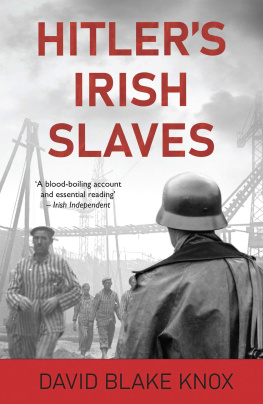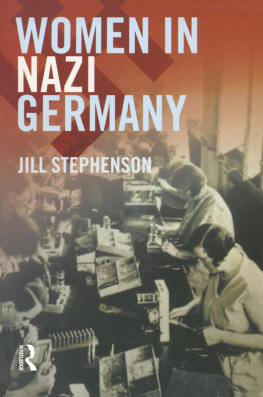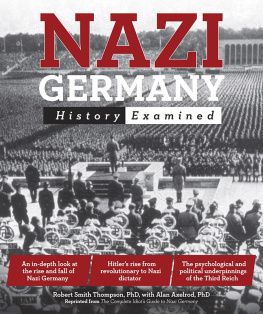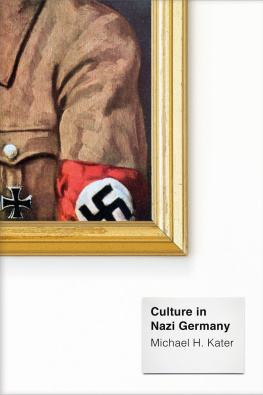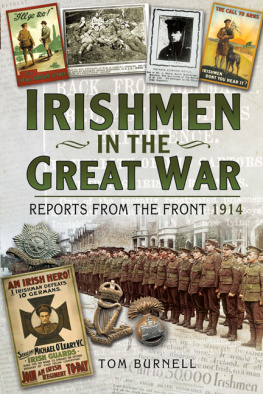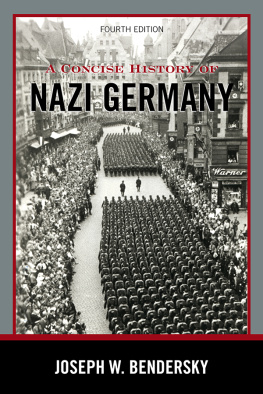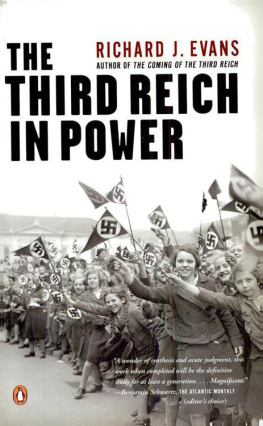

Prologue
By September 1946, the euphoria that had swept Britain in the wake of the victory over Germany was a fading memory. Strict rationing was still in force. Most of Britains merchant fleet, once the largest in the world, had been lost to German U-boats during the war. Many of the demobbed servicemen returning from the battlefields had no homes to return to more than half a million British homes had been destroyed by Luftwaffe bombs and V-1 and V-2 missiles. Britains first postwar parliament, held in July 1945, had to be held in the smaller House of Lords, the House of Commons itself having suffered bomb damage. Just two months after Winston Churchills triumphant victory speech as Britains wartime prime minister, he had been banished to the opposition benches in the wake of the Labour partys general election victory. The British working class, after so many years of sacrifice, had higher expectations of what the postwar years should bring, as indeed had many subjects of Britains severely weakened empire. In the face of Russia and the United States opposition to colonialism, the disintegration of the British empire was already beginning in India and the Middle East. Clement Attlees new government quickly instituted sweeping reforms, nationalising vital industries and creating new social programmes, including the National Health Service. With these new measures came higher taxes. By 1947, Britain was approaching bankruptcy.
Already the first serious strains in the alliance between Soviet Russia and her western allies were becoming apparent. In 1946, Joseph Stalin was consolidating his gains in eastern Europe and had ordered the communist parties of the western nations onto the offensive. Already civil war was raging in Greece between American and British-backed government forces and communist guerrillas. The United States in turn initiated a policy of containment of communism worldwide. In March 1946, in Missouri, Churchill made his famous speech in which he declared that an iron curtain had descended across the continent of Europe.
By 1946, the flow of liberated prisoners-of-war returning to Britain from Europe, and subsequently Asia, had all but ceased. During the war, most of those who had made the difficult home run from a POW camp in occupied Europe back to Britain had been directed to the Great Central Hotel in Marylebone, London. This building, commandeered by the British War Office after the outbreak of war, was designated the London transit camp where former POWs were debriefed on the second floor by MI-9, the secret service which was set up early in the war to aid escape attempts from German POW camps. Many intriguing stories came to light in the hotels once luxurious surroundings, but few were as strange as the one that emerged on the morning of 24 September 1946, when a tall young Irishman who had been flown in from occupied Germany three days earlier was escorted to one of the hotel rooms where he was met by two men in civilian dress sitting behind a trestle table. These were not members of MI-9, however that organisation had been disbanded at the end of the war. They were in fact members of a special unit set up after the outbreak of the war to investigate serious crimes committed by members of the British Army.
One spoke: I am a Sergeant in the Special Investigation Branch, Corps of Military Police. I am making enquiries with regard to your activities whilst a prisoner-of-war in Germany.
The addressee nodded. Ive been expecting this. A little later, he was asked to display a tattoo under his left armpit. It was a small, simple marking, consisting of no more than the letter A, but its import was far more serious. The practice of tattooing a blood group in this manner was generally associated with membership of the SS.
At 10.45 a.m., with Sergeant Cash dictating, the Irishman began a lengthy statement.
Start at the beginning, Cash instructed. Where were you born?
My name is James Brady. I was born on 20 May 1920, Co. Roscommon, Ireland of Irish-born parents.1
Of the handful of Irishmen who worked for Nazi Germany during the Second World War, only a few are known to have served the notorious SS, and of these only two are known to have worn the uniform of the organisations military wing, the Waffen-SS. These two men, James Brady and his friend, Frank Stringer, are unique in a few respects, not least the fact that only a very few Irishmen have served any military force of Germany or its predecessors. Irish soldiers served in their thousands and with distinction in the Irish legions of France, Spain and Austria, and eventually in the Irish regiments of the British Army, to mention only the largest contingents. Many armies have boasted Irish units; on occasion these Irishmen having fought on opposite sides, as for example during the American Civil War and the Boer War. One Irishman, Marshal Peter de Lacey, commanded the Russian Army of Catherine the Great, while individual Irishmen made a significant contribution to the independence movement in South America in the early nineteenth century. But there was hardly any tradition of Irish service in the Germanic armies; while the Irish served the Catholic kingdoms of Europe in their thousands, examples of Irishmen who have opted to serve the post-Reformation German states or the post-1870 unified Germany have been few and far between. Germany and Ireland are heirs to proud military heritages, which have remained largely separated. The Germanic reputation for military excellence was firmly established in ad 9 with the annihilation of three Roman legions in the Teutonburger Wald. It was particularly enhanced by Frederick William I, who ruled Prussia as the soldiers king from 1713 to 1740, establishing a country with a population of just two million as a major military power in Europe. The fierce disciplinary code of his 80,000-strong army, in which floggings and executions were commonplace, combined with such technical innovations as an iron musket ramrod which considerably increased infantry firepower, resulted in the most formidable force on a European battlefield.
Despite the introduction of new tactics, such as bringing three lines of fast-firing infantry against the enemy, bayonet charges still remained important, and tall grenadiers were considered the most effective in this type of fighting. From this, Frederick William is said to have developed the obsession with the battalion of freakishly tall grenadiers that became the only ceremonial unit in his army. The king sent agents all over Europe to find recruits for this unit, no expense spared; given the exceedingly harsh regime of the Prussian army, volunteers were unsurprisingly rare, and most enlistees were, quite literally, kidnap victims. This was the only endeavour on which the normally miserly Frederick William was willing to spend money freely, although he did not spend state revenue, instead establishing a special fund to which anyone seeking favour might contribute.
One of the few concessions to the welfare of these Potsdam Grenadiers was the appointment of a chaplain, Fr Raymond Bruns of the Dominican order, to administer to the Catholics among them. Fr Bruns account of his service in Potsdam mentions at least two Irishmen, James Kirkland and Grenadier Macdoll (probably MacDowell). The former had been inveigled, at the age of twenty, into the service of Herr von Borcke, a Prussian envoy in London, ostensibly as a footman, following which he had been sent to Hamburg on an errand. He soon found himself on the barrack square at Potsdam, learning the straight-legged goosestep and 180 different rifle exercises, any mistakes being swiftly corrected by the sticks of the Prussian drill sergeants. Due to his height of 68 he was appointed file-leader and served thus from 1734 to 1739.
Next page

